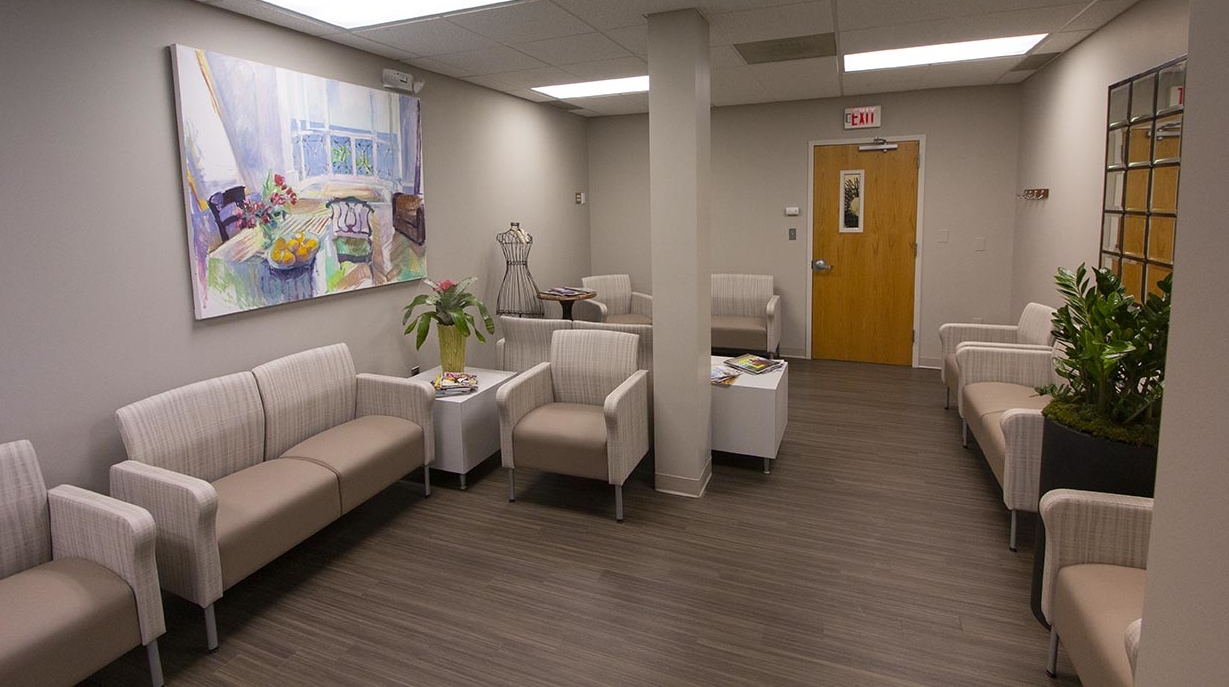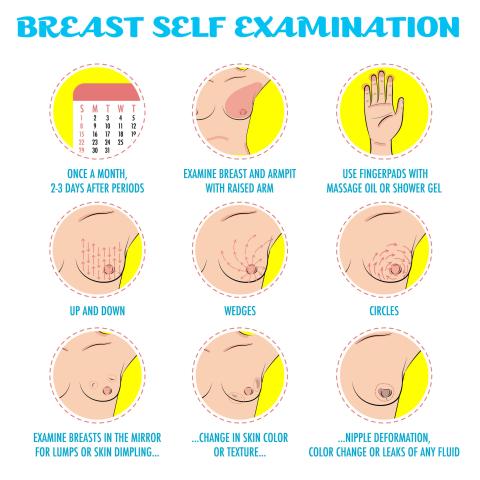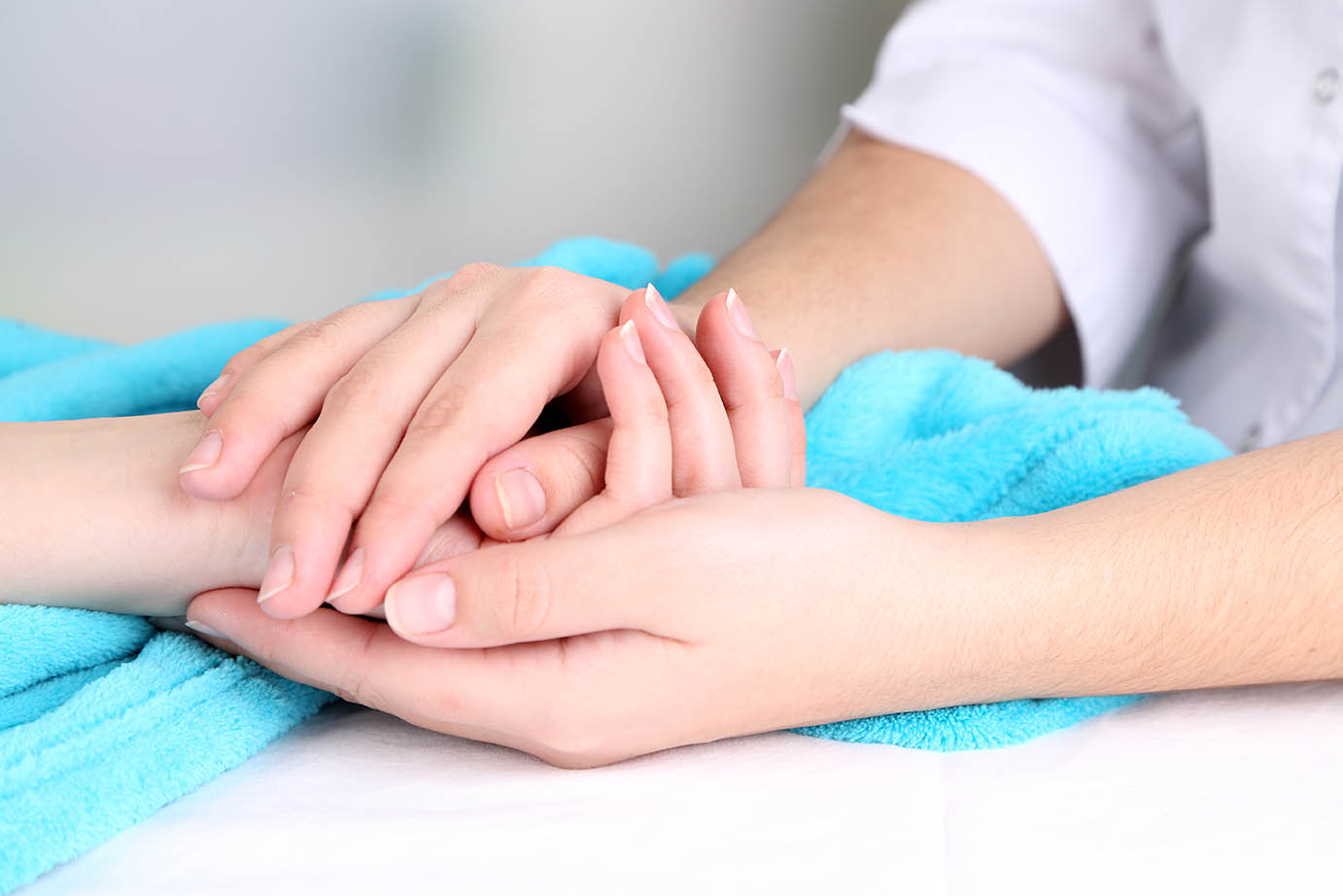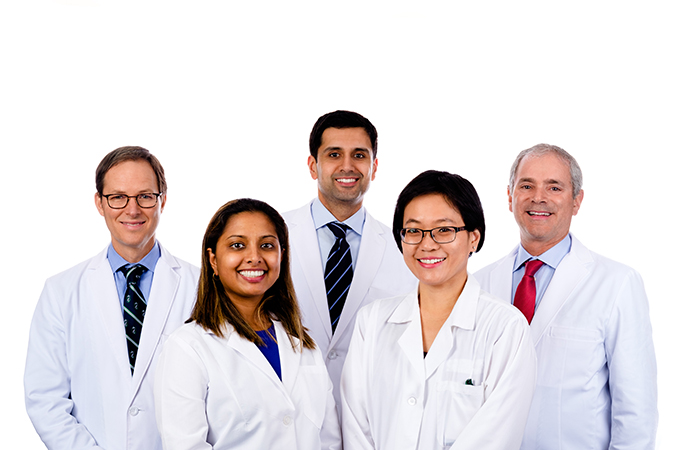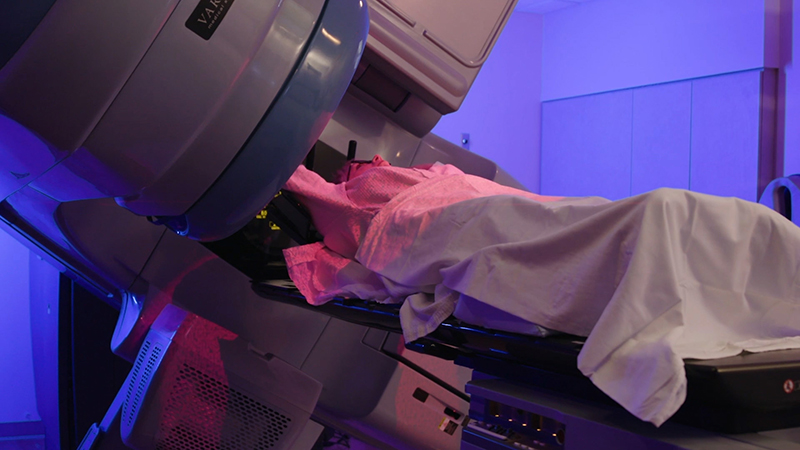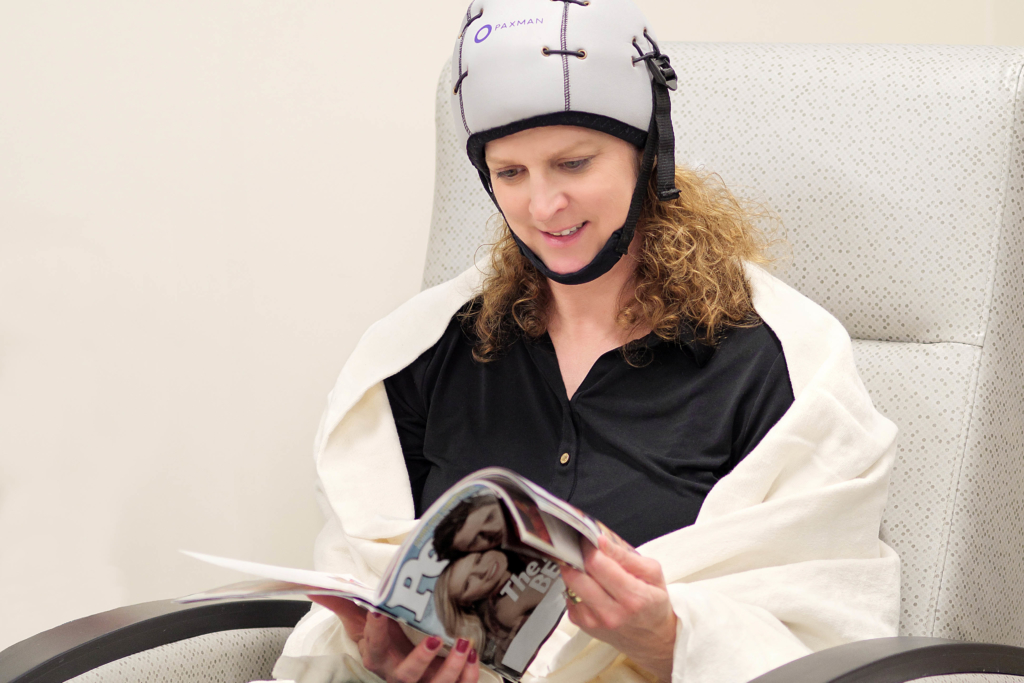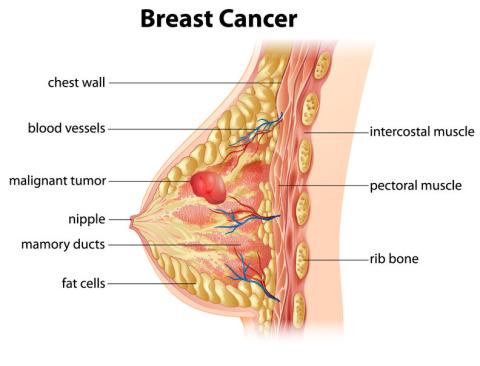
At the Hunterdon Breast Surgery Center our number one priority is you. No matter what your diagnosis, or reason for your visit, we want to make sure you have information and resources at your fingertips. Please do not hesitate to call us if you have questions or concerns. We are here to help!

